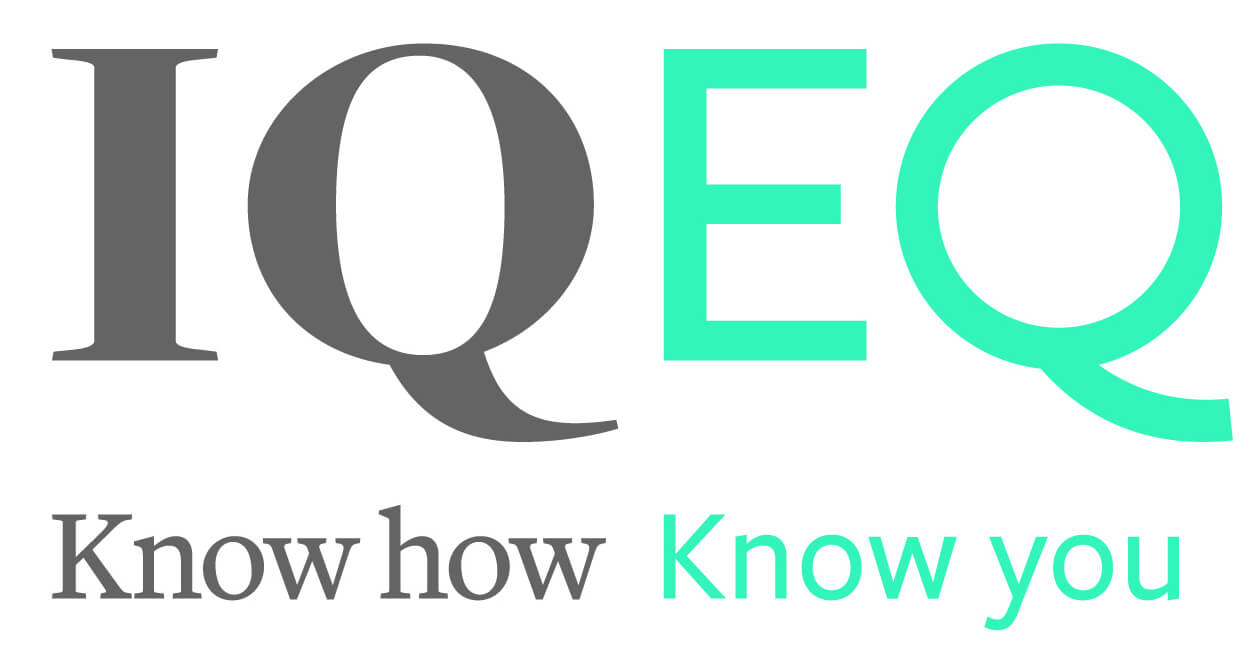Fonds de Solidarité financial aid – Changes as at 1 December 2020
Newsletter - December 2020
Since the beginning of the health crisis, a fonds de solidarité (solidarity fund) has been available for small and very small businesses and the self-employed to avoid them shutting down. The fund changed on 1 December to support sectors the most exposed to the crisis and now includes medium-sized companies.
Who for?
- Businesses prohibited from receiving the public,
- All businesses in the tourism, events, culture and sports sectors (sector S1),
- Suppliers of businesses in the tourism sector and related sectors (sector S1 bis),
- All other businesses.
Allocation and Amount of Aid for December
- Businesses prohibited from receiving the public: restaurants, bars, night clubs, etc.
Option between:
- Aid of up to €10,000,
- Or compensation of 20%of monthly revenue within the limit of €200,000 per month (cap of €200,000 for a group).
- All businesses in the tourism, events, culture and sports sectors (sector S1): if the company suffers a revenue loss of at least 50%, it may receive:
- Aid of up to €10,000,
- Or compensation of 15%of monthly revenue within the limit of €200,000 per month (20% of monthly revenue within the limit of €200,000 per month if the company loses more than 70% of its revenue).
- Suppliers of businesses in the tourism sector and related sectors (sector S1 bis): wholesalers, laundry services, etc., if the company has fewer than 50 employees and suffers a loss of revenue of at least 50%, it can receive aid of up to €10,000 within the limit of 80% of the revenue loss.
- Businesses that began operating before 31 December 2019 must also prove that:
- they lost at least 80% of revenue during the first lockdown,
- they lost at least 80% of revenue in November 2020 compared to November 2019.
- Businesses that began operating after 1 January 2020 must also prove that they lost at least 80% of revenue during the period between 1 November 2020 and 30 November 2020 compared to the average monthly revenue generated between the creation date and 30 November 2020.
- Businesses that began operating before 31 December 2019 must also prove that:
- For all other businesses: if the company has fewer than 50 employees and suffers a revenue loss of at least 50%, it can receive aid of up to €1,500.
Reference revenue used for the calculation
- For businesses existing on 1 June 2019: revenue of December 2019 or average monthly revenue in 2019.
- For businesses created between 1 June 2019 and 31 January 2020: average monthly revenue over the period between the creation date of the business and 29 February 2020.
- For businesses created between 1 February 2020 and 29 February 2020: revenue of February 2020.
- For businesses created after 1 March 2020: average monthly revenue generated between 1 July 2020, or the creation date of the business, and 30 September 2020.
How to apply
- Online early January on the DGFiP (Direction générale des finances publiques) website: connection to the company’s private account/Secure messaging system/Write/ “I request the aid for businesses impacted by the Covid-19 epidemic”,
- By providing the following information: SIREN and SIRET business registration numbers, bank account details, revenue for the month in question and the reference month, declarations, a sworn statement,
- The amount is calculated automatically based on the information declared,
- The DGFiP will perform a first verification and promptly pay the amount allocated to the applicant. A more in-depth verification may be performed by the DGFiP after payment.
All this financial aid is tax-free (income and corporate tax) and is not subject to social security contributions.
The monthly newsletter is distributed free of charge to the firm’s clients via email. This document is designed to provide information and may not reflect the most recent legal developments. Clients and readers should not take action or refrain from taking action on the basis of information contained in this newsletter without seeking professional advice.
